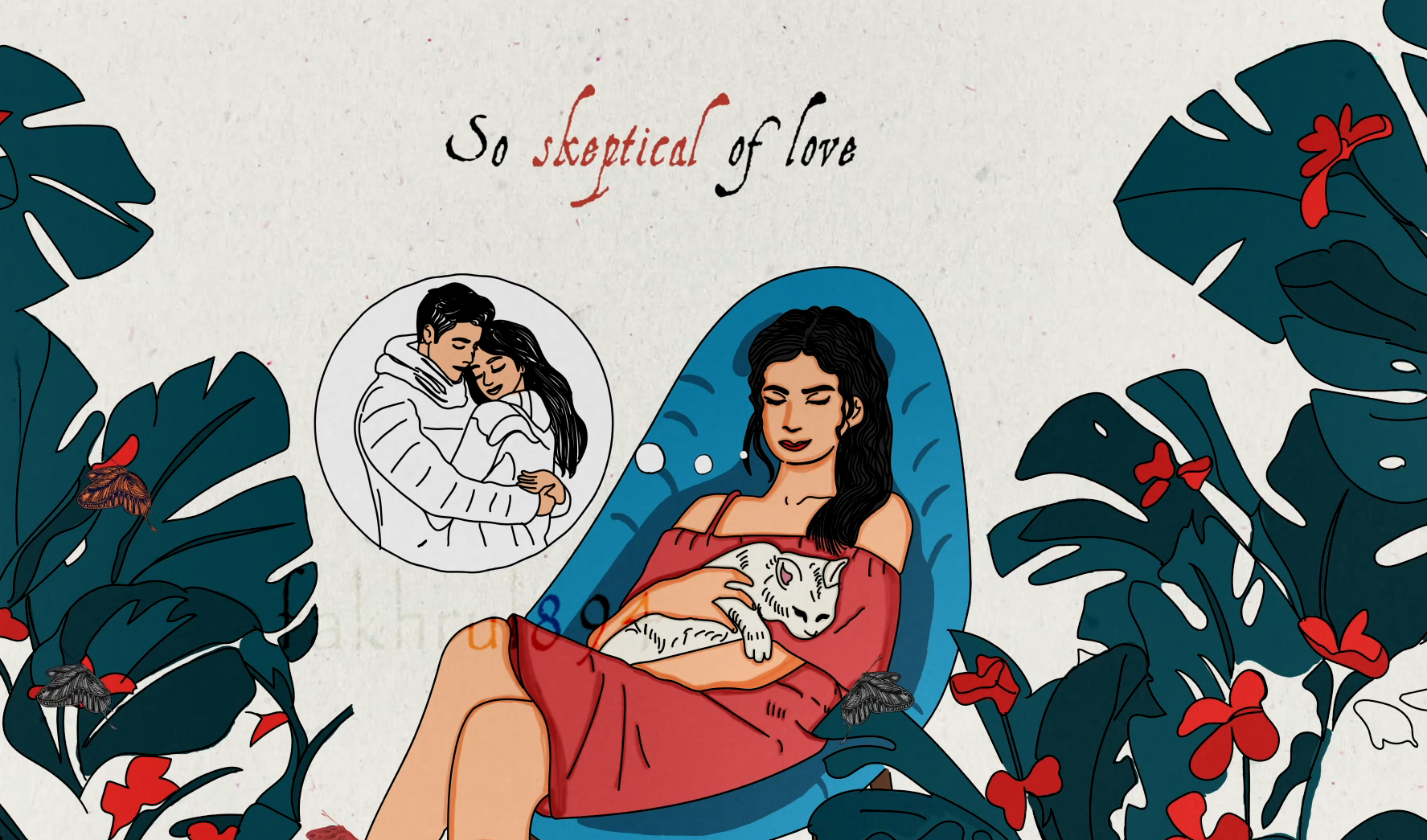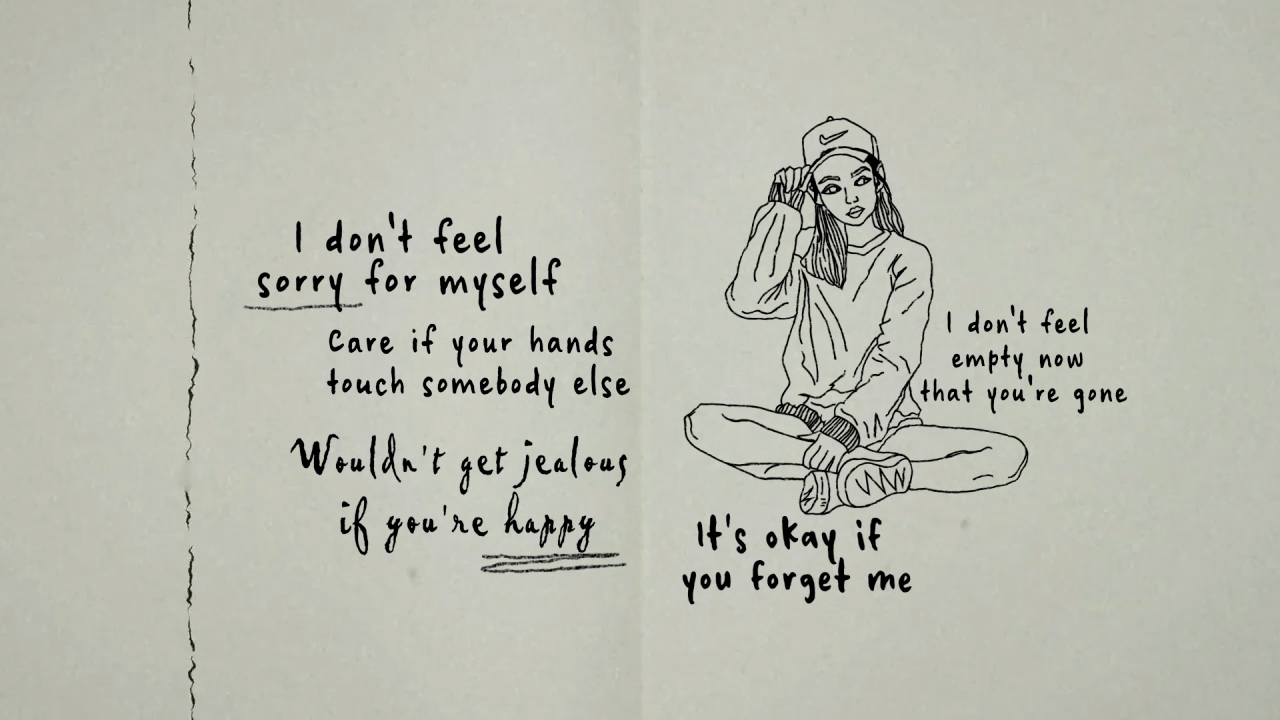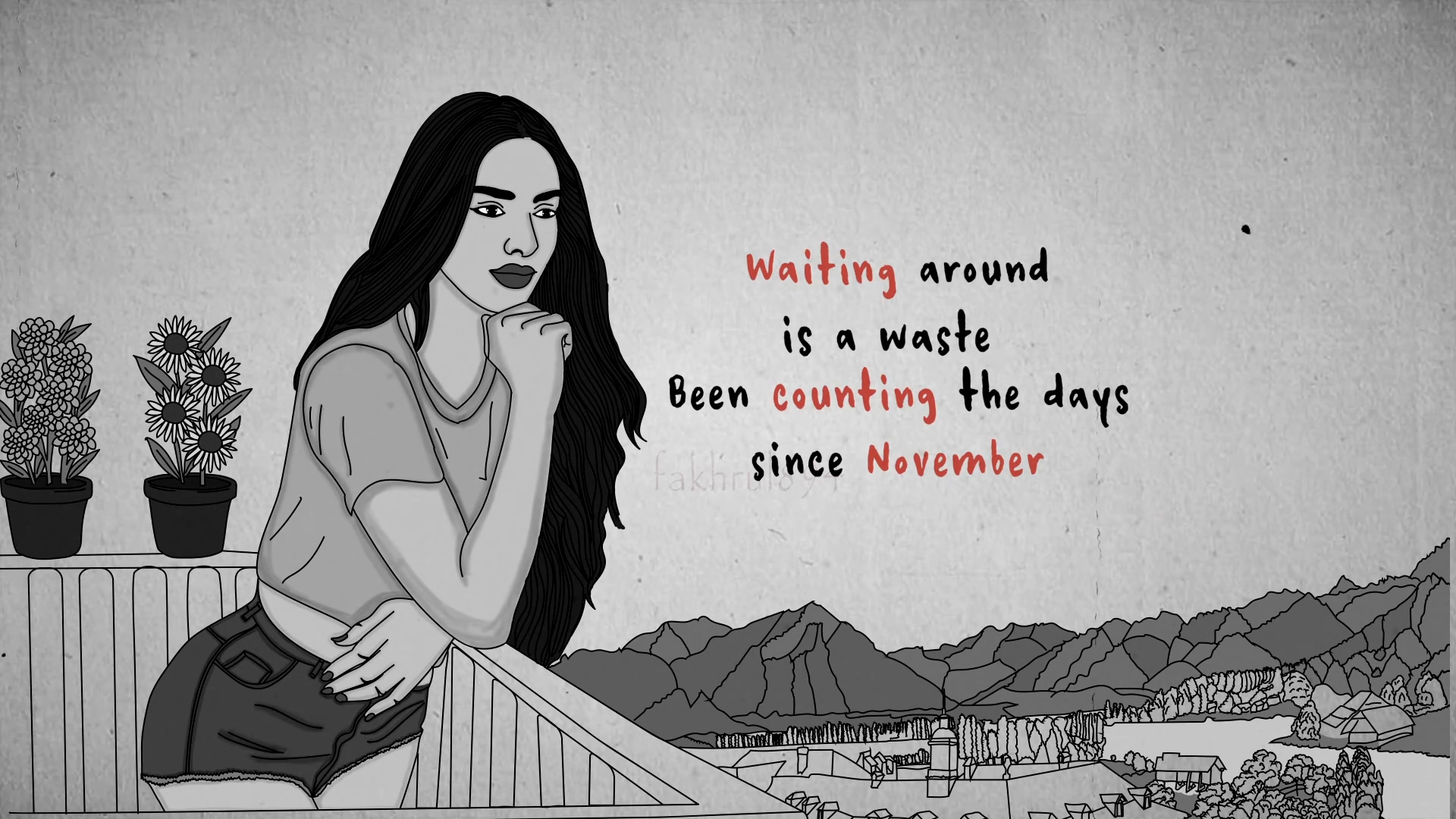Hi,
got a bit into talking about Music Streaming Services last Week over on Mastodon, but those platforms aside today. There's another aspect of Music Production and our modern media world that is super interesting to me. It's the fact that before Streaming and Tutorials became a thing, the practices involved in creating Music at home (wherever that may be: the Bedroom, a desk or a dedicated home studio space) weren't really something you would share. You could just spend your days at home producing Music and few people were aware of what you are actually doing.
Like, in a sense it's still the same, you kinda are on your own, just work from home and all the actions involved aren't obvious to people outside that space, unless you maybe collab with a friend or invite someone to add Vocals etc. Since Music Production Tutorials became a thing, or people went on to even stream music production, all that changed. So, concerning oneself with Music Production Tutorials or Streams are actually a very informative in learning more about what producers actually do.
Each person might still have their very own ways of doing things, in approaching a new track, maybe some start with creating a beat first, while others would just go with a melody. Often, Music Production is seen as just the "end result" or compared with the act of composing, but the more you concern yourself with this process, the more you understand how blurry the lines between composition and improvisation actually are. You would try new things out, play a melody a few times before you are happy with it and proceed to record it, you may change the sounds a few times until you are statisfied.
If you feel stuck, you maybe just save the file and close the project until you have fresh ideas next time you open it. Sometimes, a project would just sit there for a while, waiting to be opened again. Sometimes next time you listen to the project, you don't feel it, delete a bunch of tracks and start all over again, it's like sketches a composer would just have written on paper. Many desicions to be made until you say "Oh well, I guess that's the overall idea" and you get into fine-tuning, still adding bits here and there, mixdown, mastering.
If you feel unispired, you maybe watch a tutorial to get some fresh ideas. Or you might be looking for a specific Tutorial on how to learn a certain aspect of your DAW, Videos on Chord Progressions, Beats, you name it. It's an interesting approach, as you learn and create simultaneously. I mean, at least you could.
Here, time and space are also quite interesting: the audioviewer may be watching in the future or at the time a stream goes online, they can watch from home or on the go. You can even interact with the Musicians and comment a Live-Stream, which is kinda cool.
My own experience with all of this: sometimes I would just watch a Stream, just to see how others approach creating a new track. Some people are just inspiring to me, I had this a lot with Ocean for instance, I just liked his vibe and listening to his accent, same as with Will Hatton (both on YouTube, just to add a few names here. Also a huge fan of what Venus Theory is doing, especially since his Videos turned to criticism). Other times I use Tutorials as an initiator to get me started with an idea, so those Videos are often genre-specific. However, in this case, I often drift off and pause or even stop the Video to just continue working on my own project I just began. Overall, I'm pretty bad at watching Tutorials I'd say. I could have learned way more over the years just by watching others do their thing, but my attention span isn't the best, and I somehow prefer to just experiment, a DIY approach I'd say. Maybe also the reason why I feel kinda stuck with what I'm doing, because I often repeat the same stuff.
What also feeds into this are questions about platforms and content formats. To me, watching Tutorials on YouTube are probably the main source for information, besides using Forums. Not much into Twitch, as that's just a personal preference. I know there's also short-form content out there (also on other platforms), but I feel the more oldskool style of vertical layout and the possibility to watch content somewhere from 10 Minutes to hours are maybe more suitable for Music production. I guess we can agree on YouTube being a great place to learn new things, and I think that is also the quality of that platform, which is the main reason why I don't really see this platform becoming irrelevant for Music Production. Maybe it would help to see some Creators moving to alternatives, but then there's still the issue with monetization and the fact that some Content creators are huge into collabing with companies, showing off latest gear and all of this, it's a huge business.
Anyways, just a few thoughts. It would be really interesting to hear how you all perceive this whole thing with Tutorials and Streams. Where do you usually go to watch Tutorials, Streams? Do you often watch stuff, follow Videos on certain topics? How do you interact with that as you create Music? Do you just watch Creators that use the same DAW as you or doesn't that have any impact on which Video you end up watching? Is it more about Genres or sympathy for a specific person? Which people do you enjoy watching?
Still doing research on TheBedroomProducerInTheEraOfEnshittification, but I would be happy to hear some of your opinions or experiences if you feel like sharing :) Hope you have a nice day!
Edit: As I already mentioned Venus Theory above, I thought it would just be fair to include Liam Killen as well, as both have helped me in my previous research with Interviews, and it was so much fun chatting about Music. Check him out as well!




